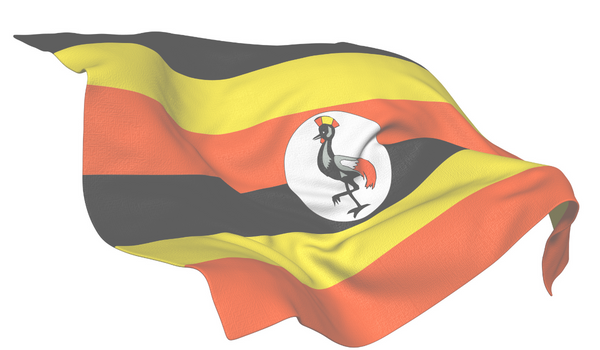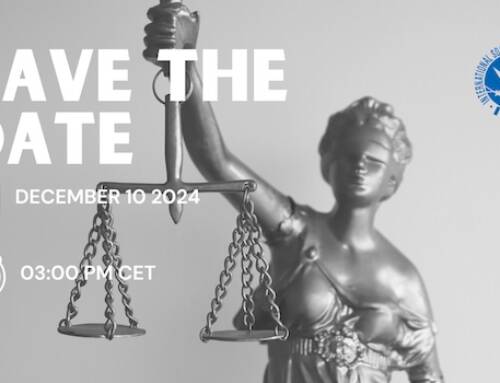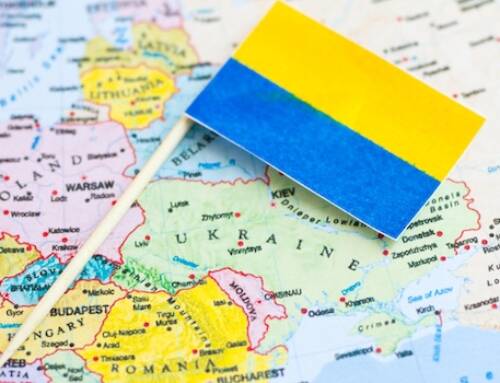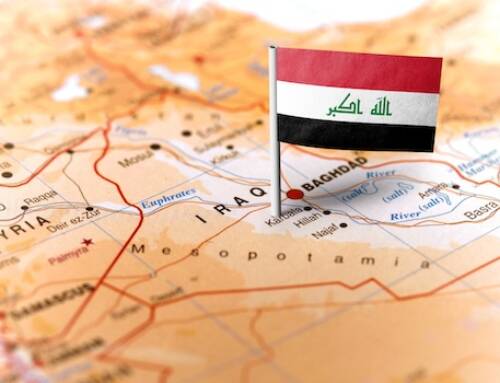AFRICA

Uganda: Government should Account for Heinous Violations

Report from, Martin Musiime, Activist and Human rights lawyer, November 14, 2022:
It is not uncommon for Uganda to make it to the International media for the most outrageous of reasons. The reporting on Uganda is often characterized by the portrayal of a dire human rights situation that the regime in Kampala has occasioned to the people it ought to protect. However, the international media until November 2020 had not seen, on camera, the extent to which the regime can go for self-preservation. This prompted a six months’ BBC investigation.
On the 31st of May 2021, Uganda woke up to scathing footage of what security forces had done six months before in the infamous November 2020 shootings in Kampala. BBC through their investigative journalism program called Africa Eye gathered 400 recordings that captured the events of 18 and 19th of November 2020 when security forces killed people in Kampala. In their investigative report dubbed “Three Killings in Kampala – BBC Africa Eye documentary,” the BBC Africa Eye team shows vivid images of security operatives notably on Patrol 17, UP 5564 adorning military and police uniforms shooting dead at least seven people among them a child and women(https://www.youtube.com/watch?v=g7d2AvLEPyA) . These were part of the over 50 people who were killed while police and the military carried out a crackdown on the protests that rocked the city of Kampala following the arrest of the then Presidential candidate Robert Kyagulanyi Ssentamu, a popstar cum politician and main challenger to the incumbent military leader Mr Yoweri Museveni’s almost forty-year rule. Various sources have put the number at over 100 fatalities.
The video also features the then minister of Security justifying the killings during a press conference by stating that “the police has a right to shoot you,” statements that were widely condemned. Whereas the statements of the minister and acts by the forces showed a clear pattern of acts against humanity, the failure to hold perpetrators accountable further reaffirms the killings as part of the regime’s deliberate policy. What further emboldens the violators, are the slow steps by the international community to emphatically stand on the side of the victims and demand accountability for the state’s heinous crimes.
Whereas President Museveni on the 29th of November 2020 acknowledged that some victims were killed by stray bullets, he went on to justify the killing of the majority, categorizing them as ‘rioters.’ To this day, exactly two years later, no report from the government has been made public on the November 2020 Kampala killings.
The people in Uganda have now become accustomed to seeing a state kill dissenters, a state treating those who hold alternative views inhumanly and cruelly, a young people experiencing impunity at home and complacency on the International plane—these people are hard to convince that the International Human Rights community cares, let alone concerned about accountability.
However, there is still much that we, as the International Community can do to restore hope: First the International Community should rally behind efforts to have the International Criminal Court investigate the Uganda government Officials for their involvement in the widespread and deliberate killings of civilians. Secondly, in the UN periodic review mechanisms under the Office of the High Commissioner for Human Rights, the Uganda regime should be tasked to produce a report on all the previous killings including the November killings— naming the perpetrators and detailing the actions that have been taken against them. Thirdly, support should be extended to the frontline Human Defenders in the country. Fourth, there should be an appointment of a UN Special Rapporteur on Extra Judicial Killings in Uganda. The world should stand up to heinous actions by autocratic states such as the one in Kampala. We cannot claim to care for humanity without asking the tough questions, without pushing back against violations. Most importantly, the world can not turn a blind eye when authoritarian regimes are killing their people. The renowned Naventham Pillay has stated that “at the core of any effort to establish accountability are three indispensable and interlinked rights: the right to truth, the right to justice, and the right to an effective remedy and reparation.”
The people in Uganda urgently need to see the International Community championing these before they can trust the international Human rights community again. The regime in Uganda has to answer for its heinous crimes, we should afford them no other option.






